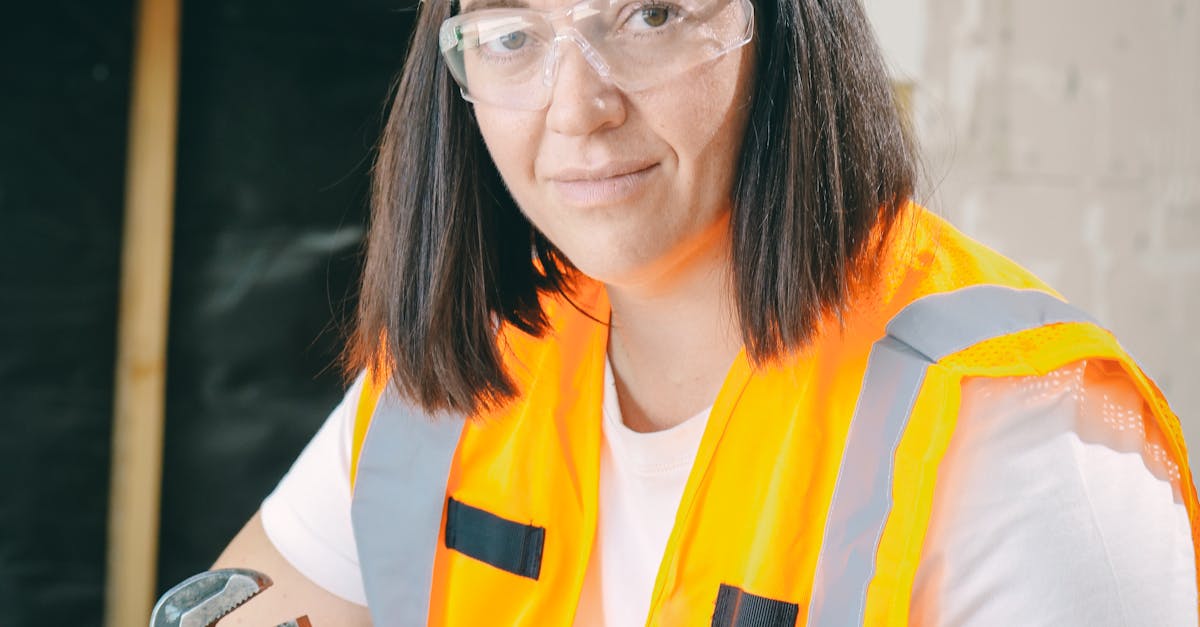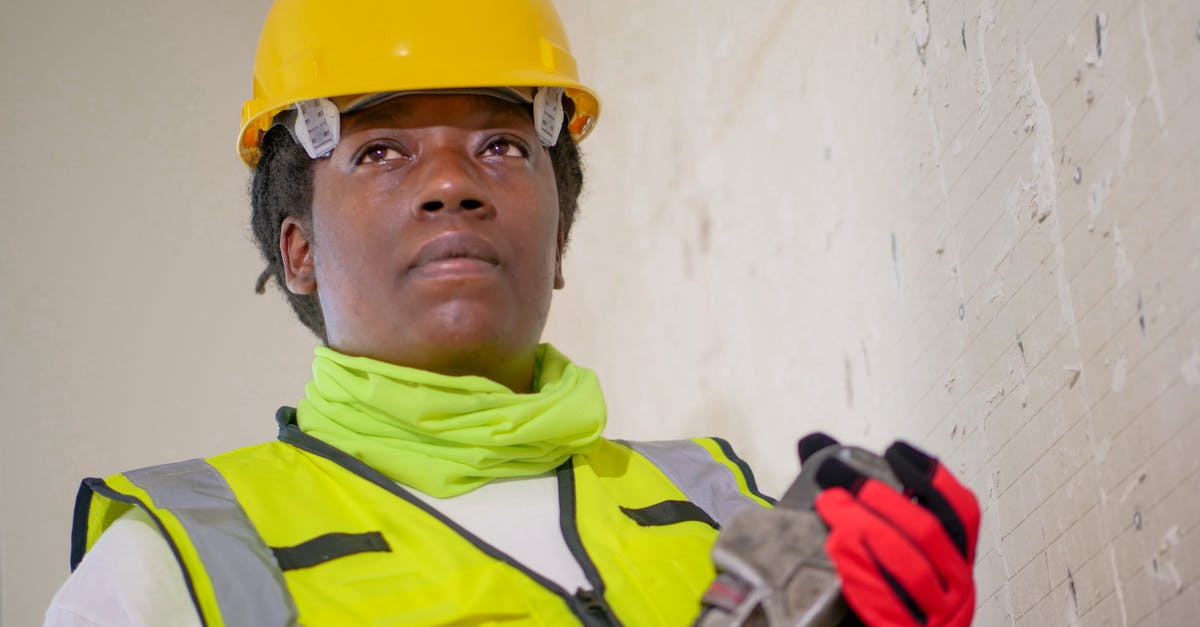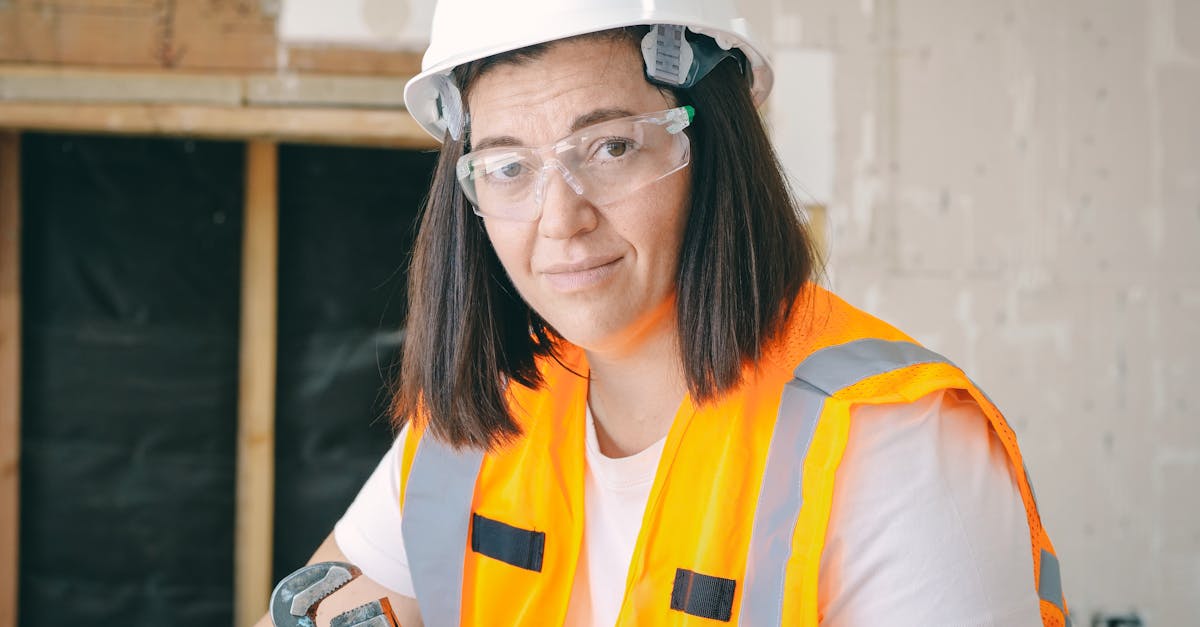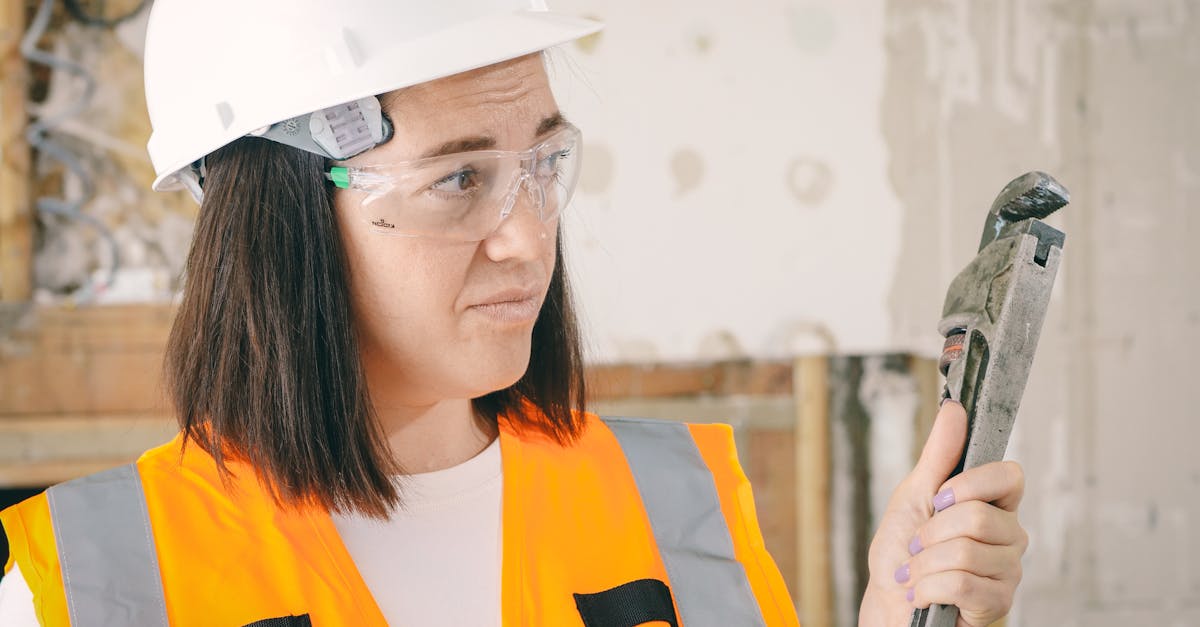
Table Of Contents
Family Size and Lifestyle
The size of a water heater plays a crucial role in meeting the needs of your family. Larger households typically require more hot water for showers, dishes, and laundry. It is essential to consider not just the number of people in your home but also their daily routines. For instance, if multiple members shower simultaneously or if there is a preference for long, hot baths, a larger capacity water heater may be necessary.
Lifestyle choices also influence water usage. Families with young children or teenagers often have different demands compared to empty nesters. Understanding your household dynamics can guide you in selecting the appropriate size. Consulting professionals for water heater installation and repair is advisable to ensure you find a solution that aligns with your family's requirements and habits.
Adjusting Water Heater Size Based on Household Dynamics
When selecting a water heater, it’s essential to consider how many people will be using hot water simultaneously. A larger household with multiple bathrooms and laundry facilities may require a more significant capacity to ensure everyone has access to hot water without scheduling showers or laundry around availability. Households with teenagers or frequent guests might also experience higher demand, influencing the choice of a water heater with a larger tank or higher output for on-demand systems.
The lifestyle of your family plays a crucial role in determining the appropriate size. For example, families that prioritise long showers or enjoy soaking in baths will need a substantial supply of hot water. Conversely, smaller households or those with simpler routines may manage comfortably with a compact unit. Understanding these dynamics will not only enhance user satisfaction but could also influence the scope of water heater installation and repair, making ongoing maintenance considerations equally important.
Budget Constraints
Selecting the right size water heater can significantly impact your budget. Larger units usually come with a higher initial purchase price and may require more investment in water heater installation and repair. These added costs can strain your finances, especially if you’re also considering ongoing energy consumption. This makes it crucial to balance the upfront expenses with long-term utility bills.
In contrast, smaller models may offer a more economical solution in terms of purchase price and installation fees. However, they may not provide adequate hot water for larger households, leading to potential dissatisfaction and increased energy costs if additional systems are needed. Evaluating your household's hot water needs while factoring in the overall financial implications will help ensure you make a sound decision.
Cost Implications of Different Water Heater Sizes
The size of the water heater significantly impacts both the initial purchase price and ongoing energy costs. Larger units tend to have a higher upfront cost due to their increased capacity and energy output. However, an oversized water heater may lead to wasted energy, resulting in inflated utility bills. An ideal choice balances capacity with the specific needs of the household to optimise efficiency without overspending.
In addition to the purchase price, water heater installation and repair costs can vary based on the size of the unit. A larger heater typically requires more complex installation procedures, possibly involving additional plumbing or electrical modifications. Homeowners should consider these factors when planning their budget. Careful selection can lead to long-term savings and a more efficient system, making both operational and maintenance expenses manageable.
Space Availability in Your Home
When selecting a water heater, the available space in your home plays a crucial role in determining the appropriate size and type. Understanding the dimensions of your designated installation area is essential for a successful setup. Water heaters can vary in size significantly, from compact units designed for tight spaces to larger tanks that require more room. Measure the height, width, and depth of the intended area, accounting for any additional space needed for maintenance and airflow.
If you've limited space, consider tankless or compact water heaters. These options are designed for efficiency and can save valuable space while still providing sufficient hot water. Planning for future needs is also important, especially if your household size is expected to increase. Remember that proper water heater installation and repair will depend on both the chosen model and the allocated space, making it imperative to choose wisely.
Measuring for Proper Installation
Proper measurement is crucial for any water heater installation. Before purchasing a unit, it's essential to assess the available space in your home, ensuring the heater will fit without obstructing access or ventilation. Take into account the height, width, and depth required for the water heater, as well as any additional room needed for plumbing connections and maintenance access. A tight fit can lead to increased strain on the unit, affecting its efficiency and lifespan.
Additionally, water heater installation and repair often necessitates compliance with local building codes and regulations. Factors such as clearance from walls, ceiling height, and the location of exhaust vents will influence the installation process. Obtaining accurate measurements ensures that the unit can be installed safely and effectively, which ultimately contributes to its performance and safety in your household. Take the time to measure thoroughly to avoid unexpected issues down the track.
FAQS
How do I determine the right size water heater for my family?
To determine the right size water heater, consider your family size, daily hot water usage, and lifestyle requirements. Assess how many people live in your home and their hot water habits, such as showers, laundry, and dishwashing, to gauge the appropriate capacity.
What factors can affect my water heater size needs?
Factors that can affect your water heater size needs include household dynamics, such as the number of family members and their schedules, as well as lifestyle choices like bathing frequency and appliance usage patterns.
Are larger water heaters always more efficient?
Not necessarily. Larger water heaters can provide more hot water but may lead to higher energy costs if not used efficiently. It's important to choose a size that meets your household's demands without excessive energy waste.
How can my budget influence my choice of water heater size?
Your budget can influence your choice of water heater size in terms of initial purchase cost, installation expenses, and long-term operating costs. Larger units may cost more upfront but can sometimes lead to savings on energy bills if they meet your family's needs effectively.
What should I consider regarding space availability for my water heater?
When considering space availability, measure the area where you plan to install the water heater, ensuring there is sufficient clearance for maintenance and ventilation. Also, consider the water heater's dimensions and whether it fits within your available space without compromising functionality.





























